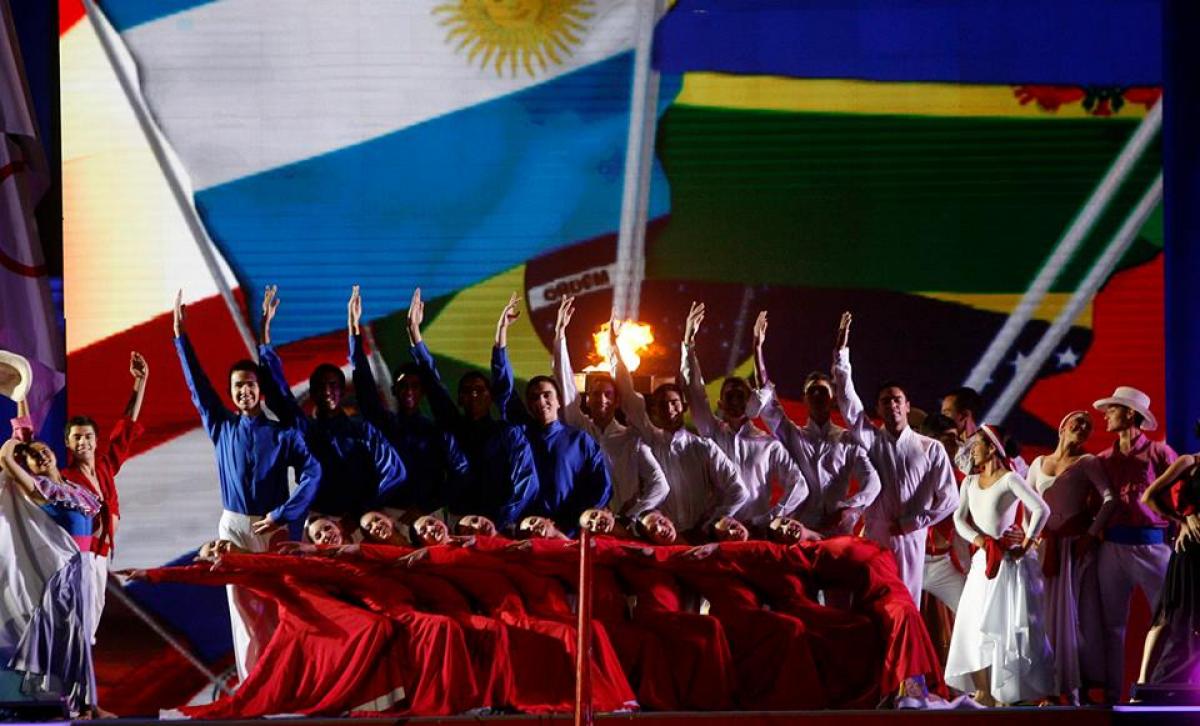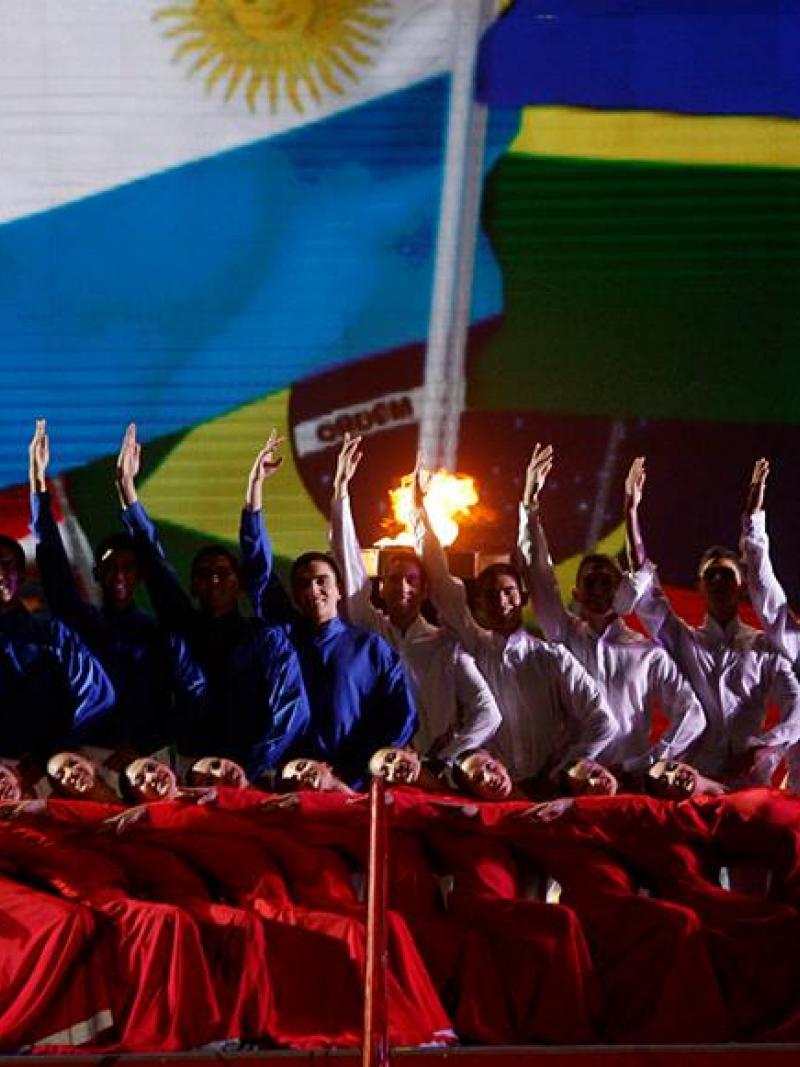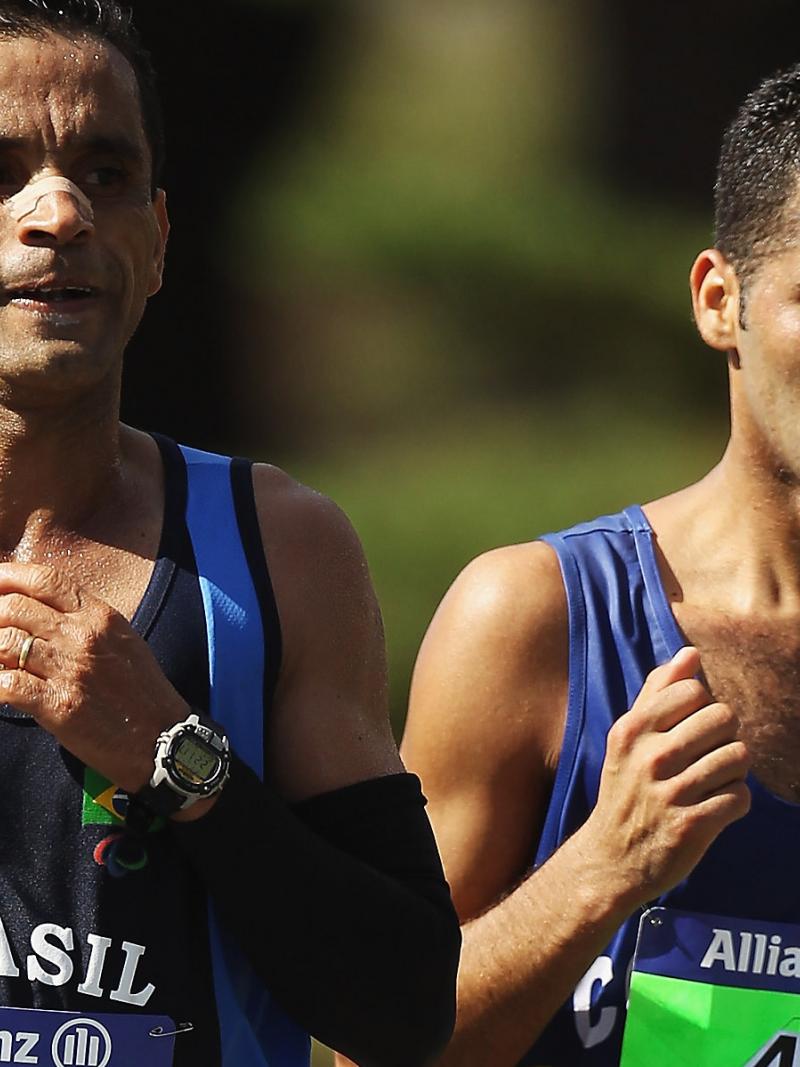Santiago 2014’s legacy, more than just bricks
One year on from the first-ever Para-South American Games what impact did they have on the Americas Paralympic Movement 26 Mar 2015
The Para-South American Games is one of the year's biggest multi-sport events in the Paralympic Movement.
One year on from the first ever Para-South American Games which were held in Santiago, Chile, between 26-30 March 2014, many of those involved in the inaugural event agree it led to major boost for Paralympic sport in the Americas.
Co-created by the Chilean Olympic and Paralympic Committees, and the Santiago 2014 Organising Committee, the Games attracted 600 athletes from eight countries who competed across seven sports.
“It was a great opportunity to develop Paralympic sports in the region,” said Chilean middle-distance runner Cristian Valenzuela, who won the gold medal in the men’s 5,000m T11 at the London 2012 Paralympic Games.
“We showed that people with any impairment can perform outstandingly too. Moreover, there are more people that want to start practising a sport and we have a greater sports development,” he added.
“Besides, it was the remaining step of the Paralympic cycle. It is important to have the same Games that Olympic sports have.”
Jose Luis Campo, President of the Americas Paralympic Committee also agrees the Games made a significant impact.
“These Games were a turning point for Chile’s and the continent’s Paralympic sport because they spawned interest in sports among people with impairment,” he said.
“They were important because they gave those athletes that may never compete at a Parapan American or a Paralympic Game the chance to compete at international level.”
Ricardo Elizalde, President of the Chilean Paralympic Committee, also includes “infrastructure and a positive incentive to organise more sporting events” as part of the legacy of the Games.
Likewise, Ricardo Cristofani, Argentina’s Chef de Mission, highlights the importance of having spread awareness of the Paralympic Movement across his country and the whole region thanks to the Games.
“They were well organised. And our delegation’s great performance, ending on top of the medal table, was a great back-up for sport in Argentina,” he said.
Marcela Garrido, one of the dozen Chilean volunteers said her Games experience was a life-changing one.
“I had to greet the different delegations at the airport and I was nervous because I had never done something like that before. But in the end it was fun and an unforgettable experience full of learnings,” she said.






